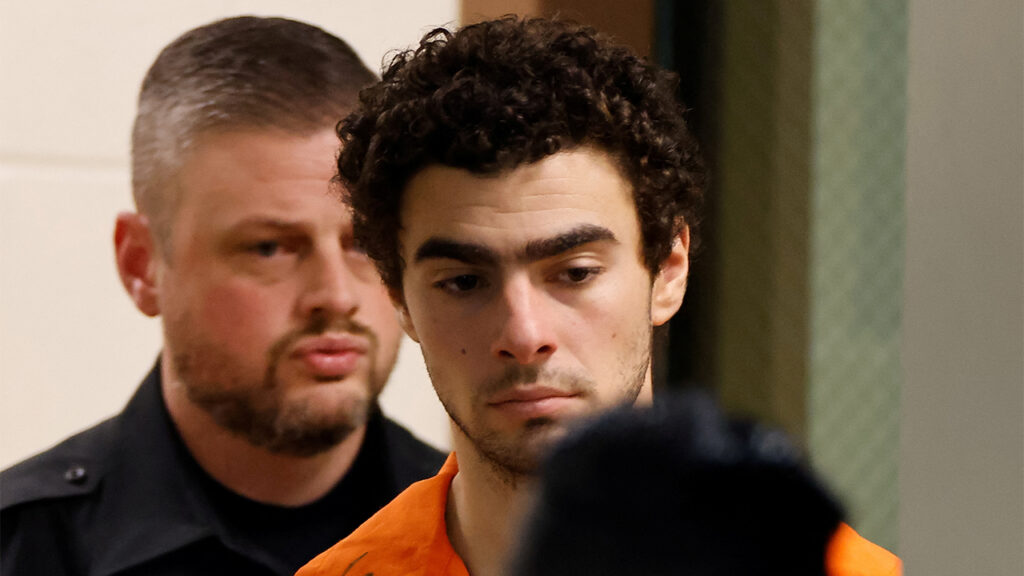Unraveling the Motives Behind a Tragic Incident: The Case of UnitedHealthcare’s CEO
Introduction to Controversy
The recent arrest of 26-year-old Luigi Mangione, accused in the murder of UnitedHealthcare’s CEO Brian Thompson, has ignited intense public speculation regarding his motivations. While law enforcement has not officially disclosed a definitive motive, there are indications that Mangione harbored significant grievances against both the healthcare sector and capitalism as a whole.
Arrest and Initial Findings
On Monday, authorities apprehended Mangione at a McDonald’s located in Altoona, Pennsylvania. During his encounter with local police, he reportedly produced a counterfeit identification. Notably, when questioned about his recent whereabouts in New York City, he displayed noticeable anxiety. Investigators also discovered a handwritten manifesto that denounces the healthcare industry and specifically implicates UnitedHealthcare—a revelation shared by NYPD Chief of Detectives Joseph Kenny during discussions with media outlets.
A Public Reaction to Health Care Grievances
Curtis Sliwa, founder of New York’s Guardian Angels organization, commented on the societal implications surrounding this case. He remarked that throughout history there have been individuals who resort to vigilante justice—acting outside legal boundaries while being perceived as heroes by segments of society.
Sliwa noted an interesting trend emerging from this tragedy: “What astonishes me is how many women have rallied around Luigi—not merely due to his physical appearance but because they resonate with what they perceive as excessive overreach by health services.” He expressed concern that widespread anger directed at the healthcare industry following Thompson’s death was misdirected and counterproductive.
Rising Populism and Discontent with Elites
Nicholas Creel—an associate professor specializing in Business Law and Ethics at Georgia College & State University—recently weighed in on this phenomenon as well. He pointed out America is experiencing an uptick in populist sentiments characterized by growing frustration towards elites including affluent corporate leaders.
Creel explained: “This rising tide of discontent helps clarify why numerous individuals took to social media expressing solidarity with Mangione after learning about Thompson’s position.” The notion that health insurance executives are emblematic figures within America’s elite populace can lead some people to perceive them as culprits behind their economic struggles; thus it becomes somewhat predictable for segments of society to empathize more with those who commit acts against such figures rather than those victimized by these events.
Conclusion: Social Implications Amidst Tragedy
The case surrounding Brian Thompson’s murder has quickly evolved into much more than just a crime story; it encapsulates broader tensions between ordinary citizens and corporate power structures within modern America. As discussions evolve regarding mentalities surrounding such incidents—bolstered significantly through platforms like social media—we find ourselves questioning not only societal values but also our collective responsibilities toward one another amidst rising disenfranchisement.
